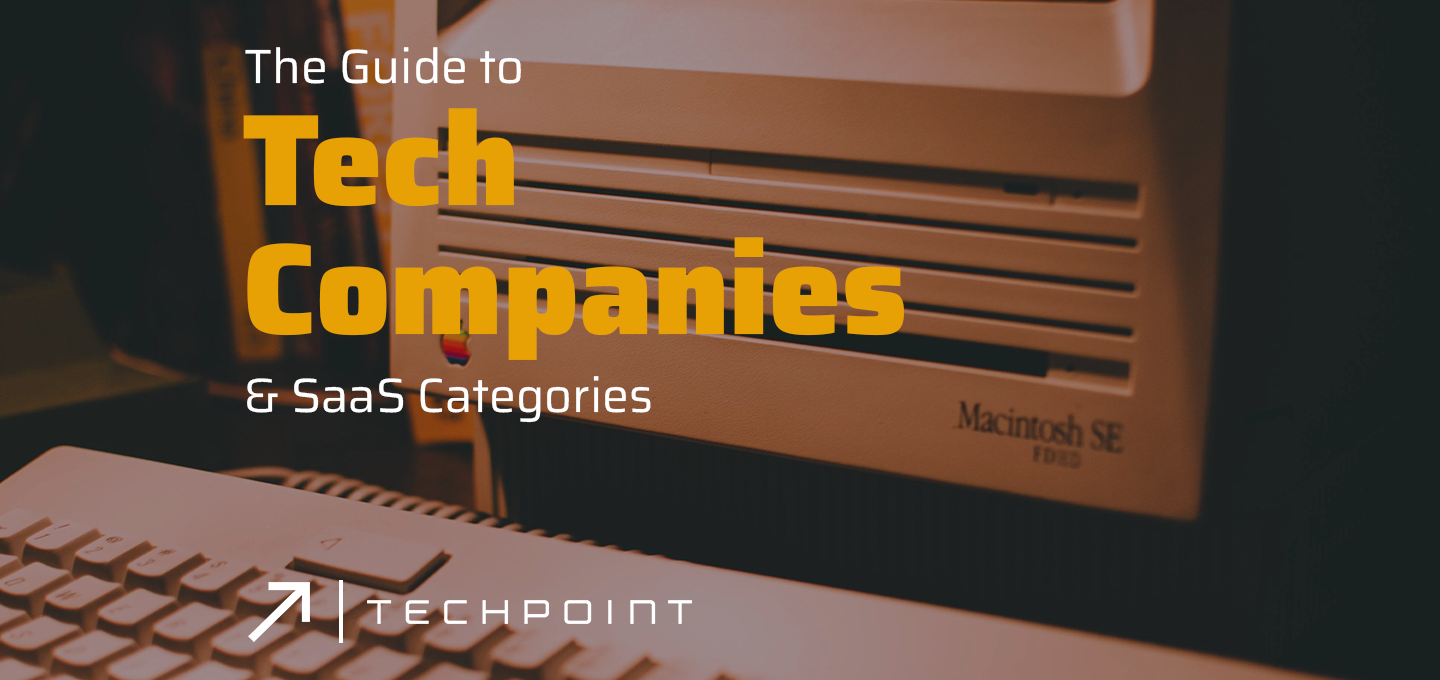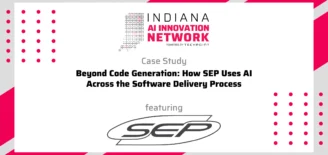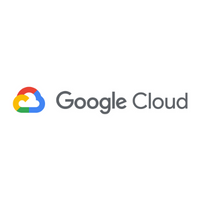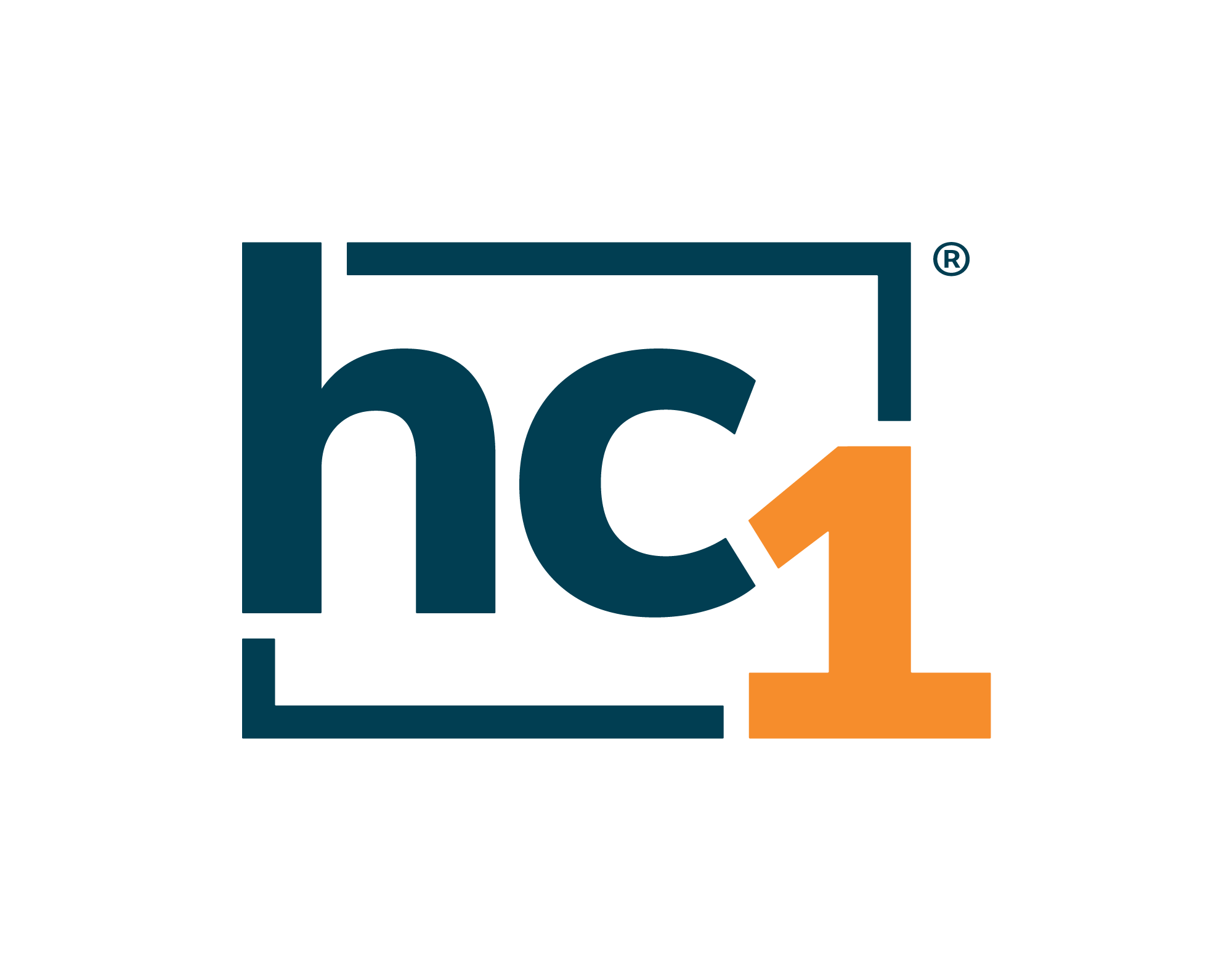The Guide to Tech Companies & SaaS Categories
Tech innovation is all-encompassing. It’s more than creating a product and marketing; it’s about understanding technology itself and how it can be leveraged to help solve everyday problems. With that being said, what exactly makes up a tech company? How exactly do we define tech? Is it the product? Is it the service? Is it the industry? Yes, yes, and yes. Tech is all of these things and so much more. It’s also an ever-evolving concept, and being able to recognize how to adapt alongside will help the tech industry and tech-adjacent businesses continually overcome obstacles to see their products and services not only succeed but also thrive.
Tech Companies & SaaS Guide | Contents

What is a tech company?
When we look at tech companies today, it’s easy to get lost in all the different categories of tech. Before we delve into that, let’s start by understanding how tech companies have evolved to meet consumer needs.
As previously defined by our Complete Guide to Tech Jobs:
“In the 1980s, being a tech company likely meant being involved in the manufacturing of products and software for the personal computer — Apple, IBM, Intel, Microsoft, or Xerox. The dot-com boom of the 1990s saw the rise of eCommerce companies like Amazon. The 2000s saw the emergence of smartphones, social media, software-as-a-service (SaaS), and companies like Facebook and Salesforce.”
In 2013, the term FAANG—which is an acronym for Facebook, Amazon, Apple, Netflix, and Google—was introduced by CNBC TV’s mad money host, Jim Cramer. It was a way to quickly reference the five major tech companies that experienced exponential growth and power. According to Analytics Insight, the combined market value of these five companies in the first quarter of 2022 is approximately $7.1 trillion dollars. While the general public often thinks of these companies when they think of tech companies, companies like Salesforce and Cummins have competing capitalization in the market and are equally impressive on a resume. They’re also investing in tech talent because they know technology is critical to support future growth and sustainability.
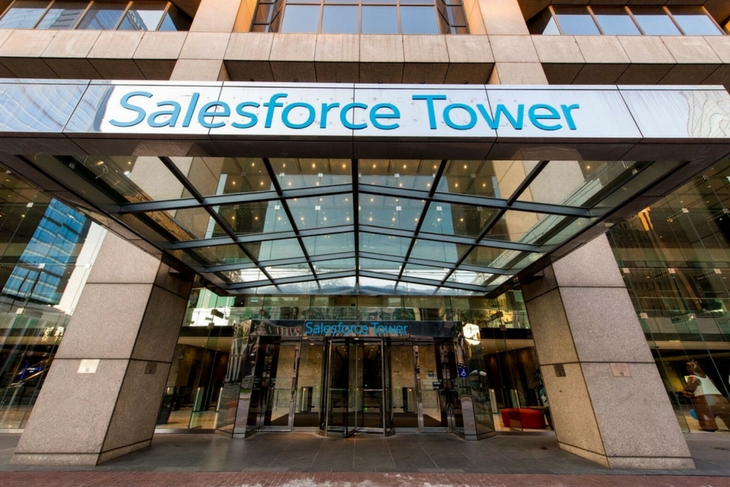
Types of Tech Companies.
This history is relevant because it helps us understand where tech is today and where it’s going. Tech companies (just like the services they provide) change quickly and the products or services they provide are heavily dependent on user trends. What we do know is that (generally) we can classify a tech company into 4 major categories:
- Tech Product – A tech product company is likely what most people imagine when they picture a tech company. This is an organization that builds and sells software, data, or electronic hardware products.
- Tech Service – Instead of offering a product, what a tech service company offers is experienced and technical personnel. Tech service companies provide people-powered services like consulting, information technology (IT), or outsourced development.
- Tech Infrastructure = Tech infrastructure includes tech companies that provide the systems and facilities that enable web-based communications and commerce. Tech Infrastructure companies build and operate data centers or are internet providers.
- Tech-Enabled – Tech-eEnabled is the broadest application of the term tech company. Tech-enabled companies are in industries that most people view far outside of the tech industry, but are finding ways to build tech into their products and have a need for tech-skilled workers.
While every tech company might look different or be put into a different category, it’s easy to see why so many businesses and companies have a stake in the tech industry. There is a wealth of opportunity across the tech ecosystem for a variety of businesses.
As tech companies and tech jobs continue to grow and expand globally, new niche markets arise to fill the void. An example of this happening is when Software as a Service, or SaaS, companies started to become more prevalent in the 2000s. Once companies realized they could package software in a way to offer a service, more and more continued to pop up (and still do). Not only are some SaaS companies the most recognizable tech companies out there, but they continue to experience incredible growth.

What Is SaaS?
You likely have a good idea of what a SaaS company is and does, but let’s define it. As recently defined in our SaaS Sales Careers guide:
Unlike applications that are installed or hosted on a local computer or server owned by you or your organization (on-premises), SaaS is most often hosted and managed by the software provider. Because SaaS is web-based, users are typically able to access applications through their web browser or some other form of thin client.”
It’s easy to see why SaaS companies are outpacing other tech companies in growth right now. With remote work at an all-time high and so many businesses looking for solutions that don’t require a lot of hardware and space, SaaS is a logical solution.
By extension, SaaS tech jobs are more than just creating the latest software. Many SaaS company jobs include everything from innovation to design to production to sales and support. Like all tech company categories, SaaS organizations require a variety of tech skills to make them successful.
SaaS as a tech company category is too broad to consider as a whole. Let’s explore some of the specialized areas in SaaS.

SaaS-Specialized Markets.
With so many businesses so heavily reliant on software and cloud-based products, finding the best fit by simply searching would be way too overwhelming. Thankfully, the SaaS sector has already started to split and create specialized markets to hone in on specific needs. Some of the big SaaS categories include:
- MarTech
- HealthTech (Healthcare technology)
- Business productivity software
- Learning Management Systems (LMS)
While there are many more, these are some of the biggest categories in SaaS and where we’re seeing the most growth.
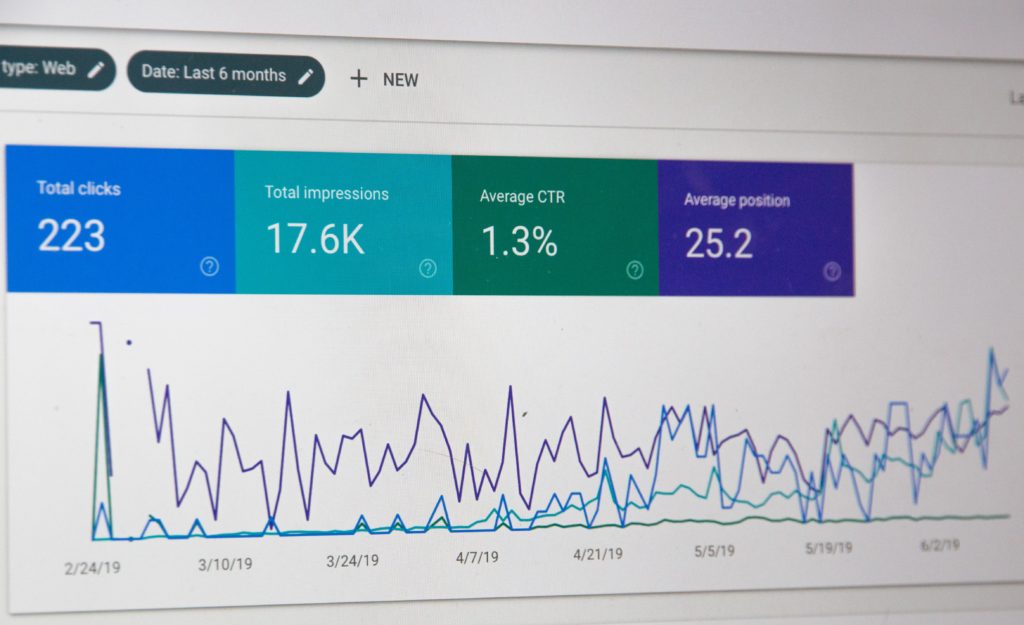
MarTech.
Regardless if you’re a small or large organization, marketing is a necessary function of your business. However, most marketers need additional tools to do their jobs effectively. This is ultimately how MarTech was born: to help streamline functions for marketers, as well as provide additional data, so they can focus on strategy instead of just execution.
According to TechTarget.com, “MarTech is the area of customer relationship management (CRM) concerned with creating, managing, and using digital tools that make it possible for marketers to automate tasks and make data-driven decisions.” With MarTech, marketing is a whole lot easier because it helps provide automation or tools—such as automation, content management systems, and web analytics— to accomplish common marketing functions. MarTech saves time for the marketer, typically provides more data to help make better decisions, and is typically cost-effective for tech companies.
As one of the biggest categories of SaaS, it’s no surprise that there are a wealth of tech jobs available at MarTech companies right now. We estimate that MarTech will continue to see growth over time and is an established category in the tech ecosystem.

HealthTech.
While it’s becoming more and more prevalent, HealthTech might be one of the hardest areas of SaaS to actually define. It encompasses much more than traditional healthcare, and the possibilities of where it can go are endless. PlugandPlayTechCenter.com helps define the category, stating:
“HealthTech, or digital health, uses technology (databases, applications, mobiles, wearables) to improve the delivery, payment, and/or consumption of care, with the ability to increase the development and commercialization of medicinal products.”
Based on this definition, HealthTech covers everything from lifestyle improvement and tracking to the actual development of electronic medical records, innovative medical procedures and medicines, and services and equipment with specific purposes to improve patient care and lives. Whether looking for software that provides ease of access to data to industry professionals, that helps model patient care, or that allows for collaboration (sometimes globally) to get the best patient results, HealthTech is a wide-reaching category that offers a lot of opportunities for improvement in the health/medical space.
In 2020, hc1 took home the TechPoint Mira Award for Tech Product of the Year for their HealthTech innovation, PGx Advisor. The software was built on a simple idea to make patient testing accessible as well as tracking what types of medications and dosages prove useful versus ineffective or even harmful, which helped create a more comprehensive and personalized experience for the patient and the physician. It didn’t take a medical doctor to create this SaaS product or company, however. PGx Advisor was inspired by one person’s personal experience with a family member’s journey with cancer and a way to help prevent others from having that same story. Inspiration for a tech company can come from anywhere!

Business Productivity Software.
Business productivity software is another common SaaS category. Chances are you are using at least one business productivity software in your organization, maybe without even realizing it. Do you use your Google Calendar on your smartphone for reminders and appointments? What about that Notes app to quickly jot down thoughts you don’t want to forget? Or maybe you use Slack for work and possibly for personal use? These are all examples of business productivity software. This area of SaaS is pretty self-explanatory as the goal is to help businesses function and be more streamlined.
With more than just tech jobs becoming more remote, communicating effectively is critical to the integrity of a business and its culture. Business productivity software not only helps improve overall communications within a team or business but allows businesses to streamline processes and functions. Career opportunities with a business productivity software company are a great way to gain exposure to all areas of tech companies and explore what type of tech job might be in the highest demand or highest interest.

Learning Management Systems (LMS).
With new technology often comes a learning curve. Whether it be onboarding new hires, training a sales team for a new product launch, or simply hosting and storing (re)certification materials and records, a learning management system (LMS) can easily host all of this and more.
Having the ability to maintain and control all of a company’s education materials internally saves businesses time and money. An LMS helps scale the types of learning materials and set-ups dependent on the size of the business and the needs. For instance, a small business owner with six employees will have a different onboarding experience than a corporation with 100+ employees. That’s why being able to have a training system that is easily editable and customizable is so important, which is what many LMSs offer.
As any on-the-market SaaS company will know, catering and adjusting a product to meet the needs of the customer is going to help sell your product. This is why SaaS companies are growing exponentially and there are so many jobs available. Without training and education, companies won’t be able to compete in emerging and current markets, making an LMS necessary for the future of tech companies.

Working at a Tech Company.
It can be overwhelming to know how and where to find a tech job. There are so many jobs available in tech…where do you even start? (Pst… a good place to start is by checking out our guide to the best tech jobs.)
When starting your tech job search, it’s important to do research and that’s where TechPoint’s tech directory can help. First, you can explore what type of company you’d like to work for, then you can actually find the jobs they’re offering! Companies of all shapes, sizes, and types post their jobs to the TechPoint job board, including tech product, tech service, tech-enabled, and tech infrastructure companies.
Many Indiana-based companies are looking for experienced tech candidates and even those who are just starting out. For example, Eli Lilly, an Indianapolis-based pharmaceutical company, has launched an apprenticeship program for non-degreed individuals beginning in Human Resources and Research Labs. This is Phase 1 of their Skills First program. Ultimately, through experience and exposure, their candidates will have tech job exposure and possibly gain entry-level tech jobs.
Landing the right tech career will take effort and matching your skillset with a company that aligns with helping you meet those goals. Per TechPoint’s research, the numbers “demonstrate that skills-based hiring is five times more predictive of a person’s future performance than their education.” Indiana-based tech companies are opening opportunities to those with non-traditional education paths because these companies realize that it’s best to hire the right person for the job, not just those with certain certifications (although, those are important, too!) With data driving these kinds of hiring practices, the possibilities to pursue a career in tech are becoming more readily available.
It’s no secret that tech jobs are also some of the best-paying jobs available. As the Indiana tech ecosystem continues to grow and prosper, the jobs and careers will continue to as well. Take a look at the robust catalog of current tech jobs and where we foresee the greatest need in the coming future; there’s a wealth of opportunity! So, don’t worry if math and science aren’t your strong suits, there is definitely still the opportunity for a tech career in your future.

Future Impact.
So how are tech companies and tech jobs changing the horizon for Hoosiers and Indiana? They’re opening more and more opportunities for our state, impacting the economy, talent attraction, and so much more.
This is why the annual Mira Awards is so incredibly important to us. Each year, we honor nominees—including tech product, tech service, tech-enabled, and tech infrastructure companies—who are shaping and changing the tech ecosystem. The achievements not only highlight the outstanding achievements in innovation, but also highlight outstanding talent, community impact, tech education, and beyond. Our 2022 Mira nominees (and winners!) might just be your next future employer. Their hard work and efforts make one thing for certain; tech in Indiana is here to stay.

